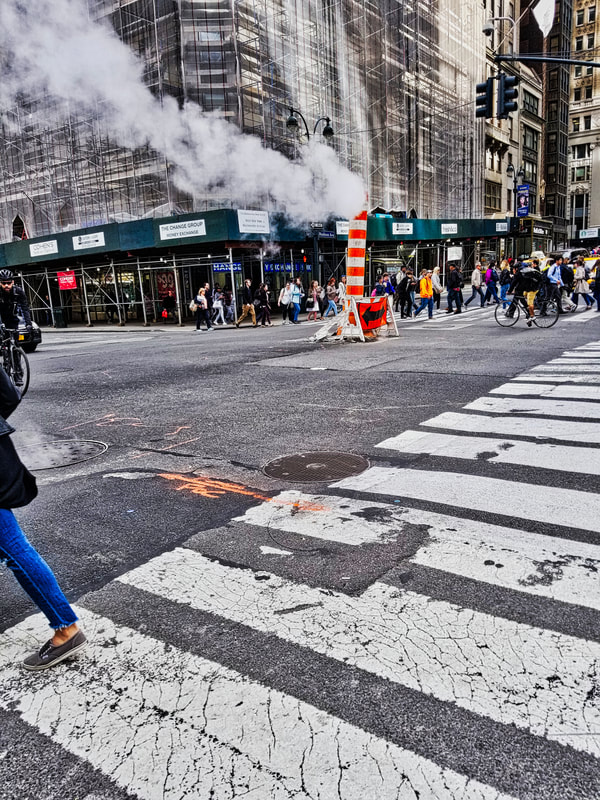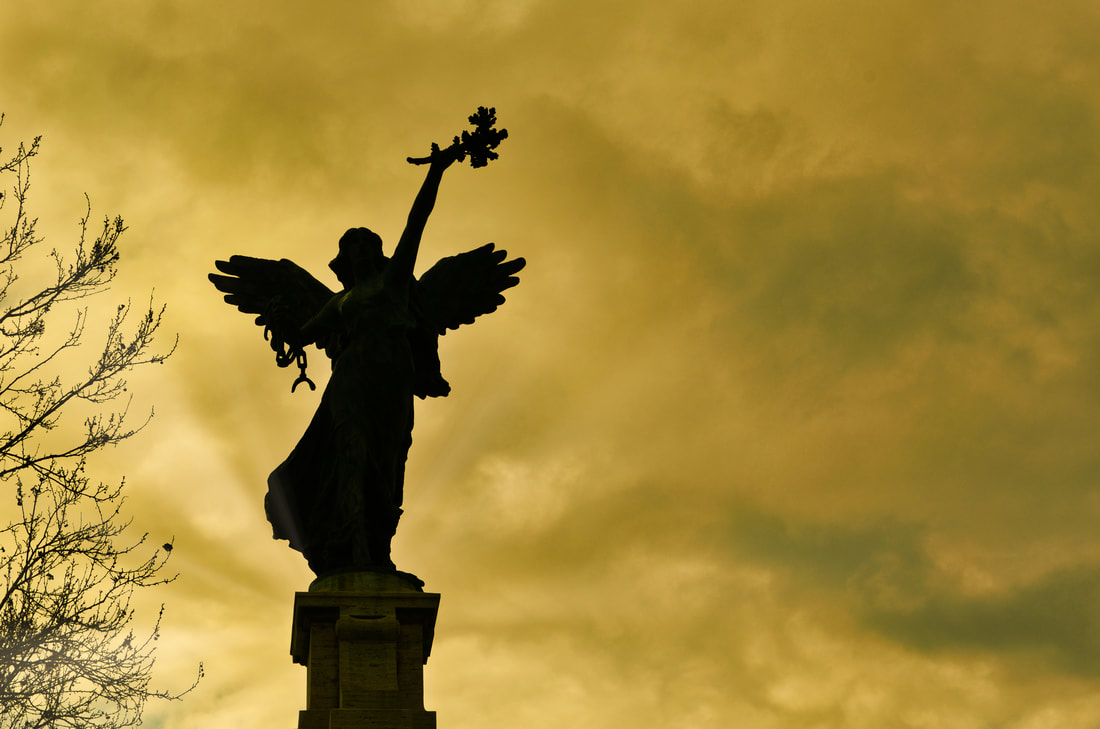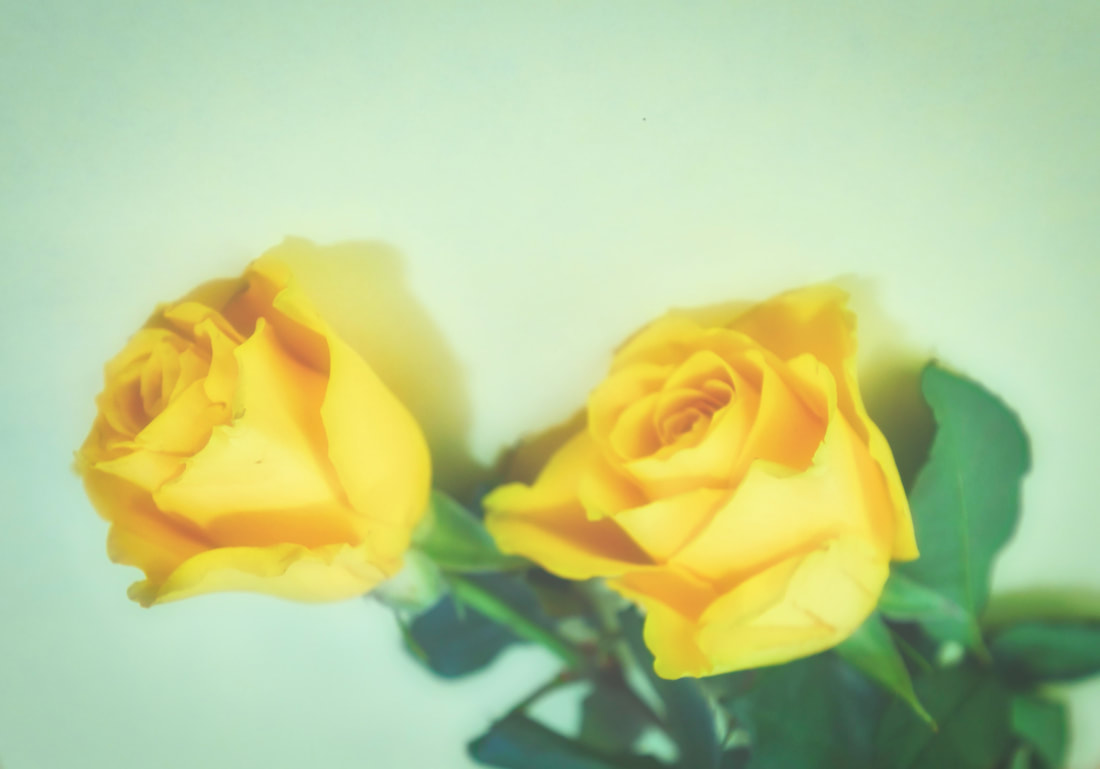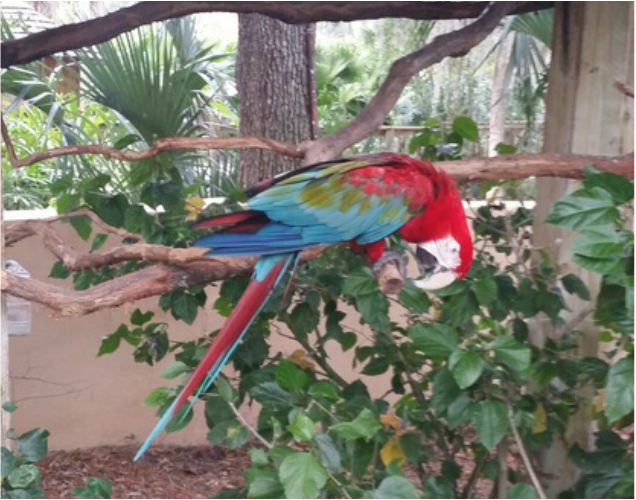Ice-T's rap "6 'N the Morning" is very long, separated by the use of Word to mark changes in the story. His rap starts vividly with action everyone can relate to "Fresh Adidas squeak across the bedroom floor, out my back window I make my escape, Didn't even get a chance to grab my old school tape" to the event of having the police arrive at his home. Most of the events are about being out on the street which many in the poetry world could not relate to: "Didn't want trouble, but the shit must fly, squabbled with this sucker, shanked him in the eye." Part of his appeal is the series of events, getting paid lots of money, getting dressed up, making love, escaping the cops, which can be as exciting as a movie, thus narrative poetry.
Writing Assignment: Write a narrative poem with pairs of rhymed lines making your day seem exciting
















 RSS Feed
RSS Feed